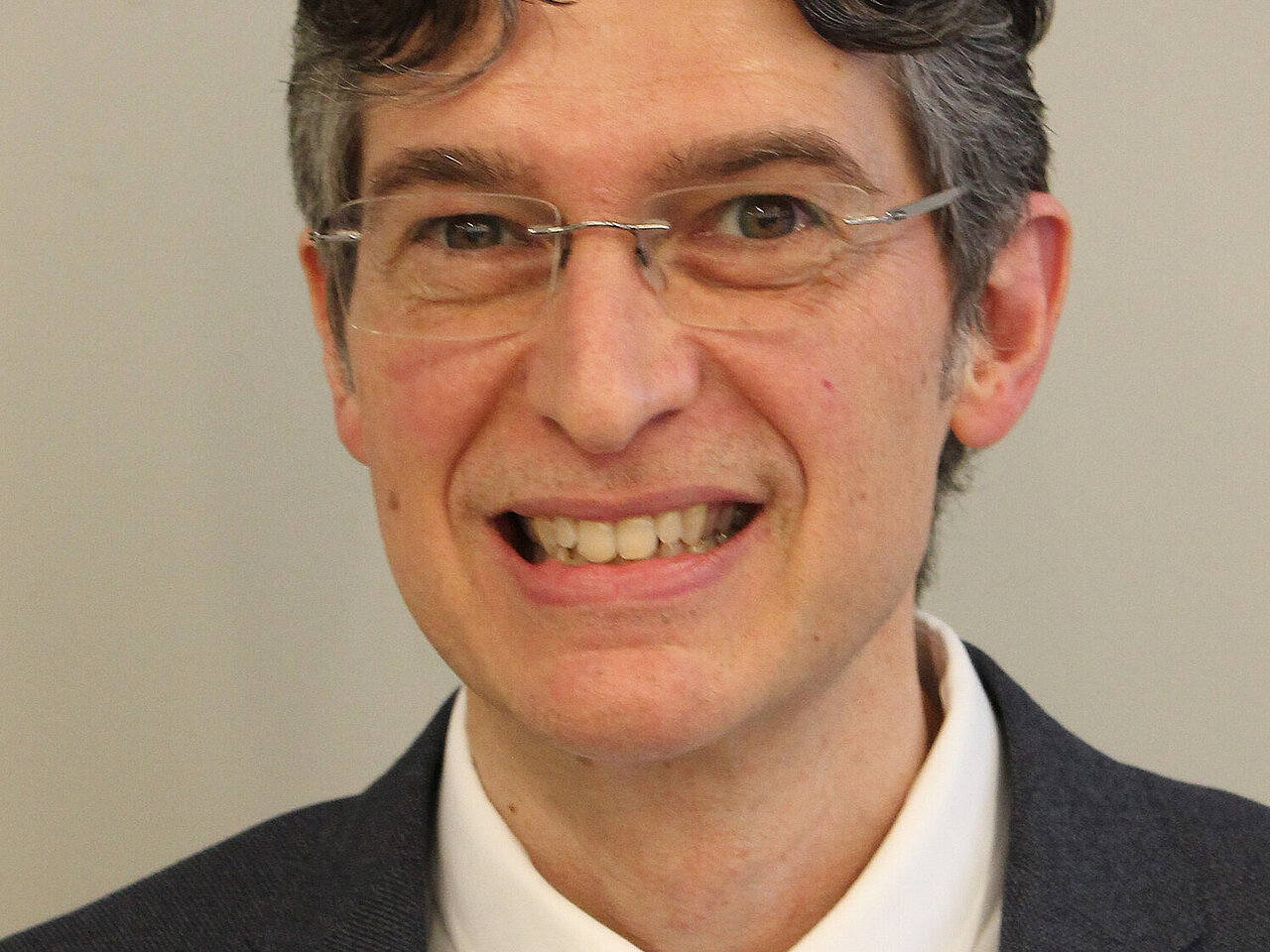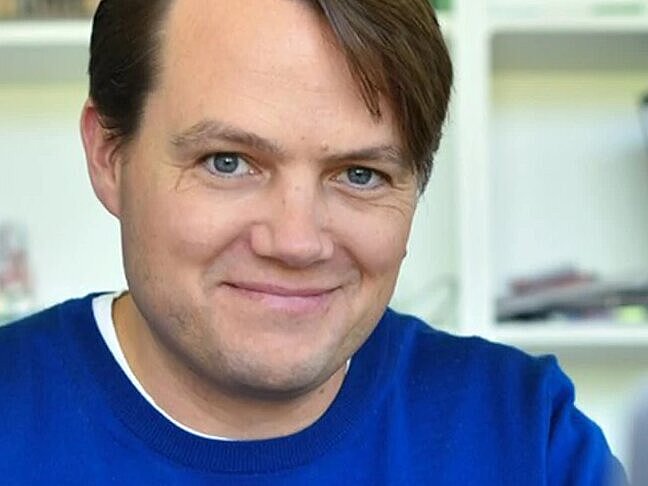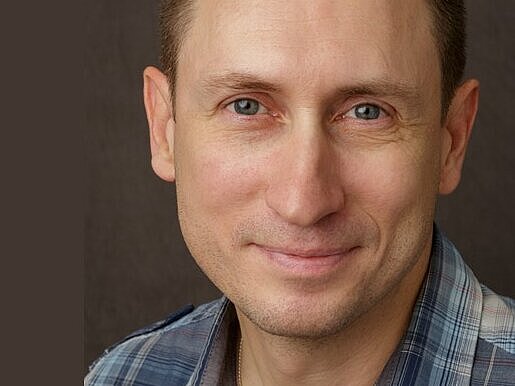John specialises in the application of omics in environmental research and the pursuit of Precision Toxicology. He is known internationally for his work at establishing genomics-enabled model species. For example, his work resulted in Daphnia's designation as a biomedical model species by the US National Institutes of Health. John holds the Chair of Environmental Genomics at the University of Birmingham (UoB) in the United Kingdom. He is the co-founder of Michabo Health Science Limited, co-founder of the international Environment Care Consortium, and the Solve Pollution Network. He is the Director of the Centre for Environmental Research and Justice at UoB and he advises the UK government through his membership of the Hazardous Substances Advisory Committee. Finally, he coordinates the H2020-funded PrecisionTox project (www.precisiontox.org), the ASPIS cluster (aspis-cluster.eu) and serves on the UK steering group for the Partnership for the Assessment of Risks from Chemicals (www.eu-parc.eu)





